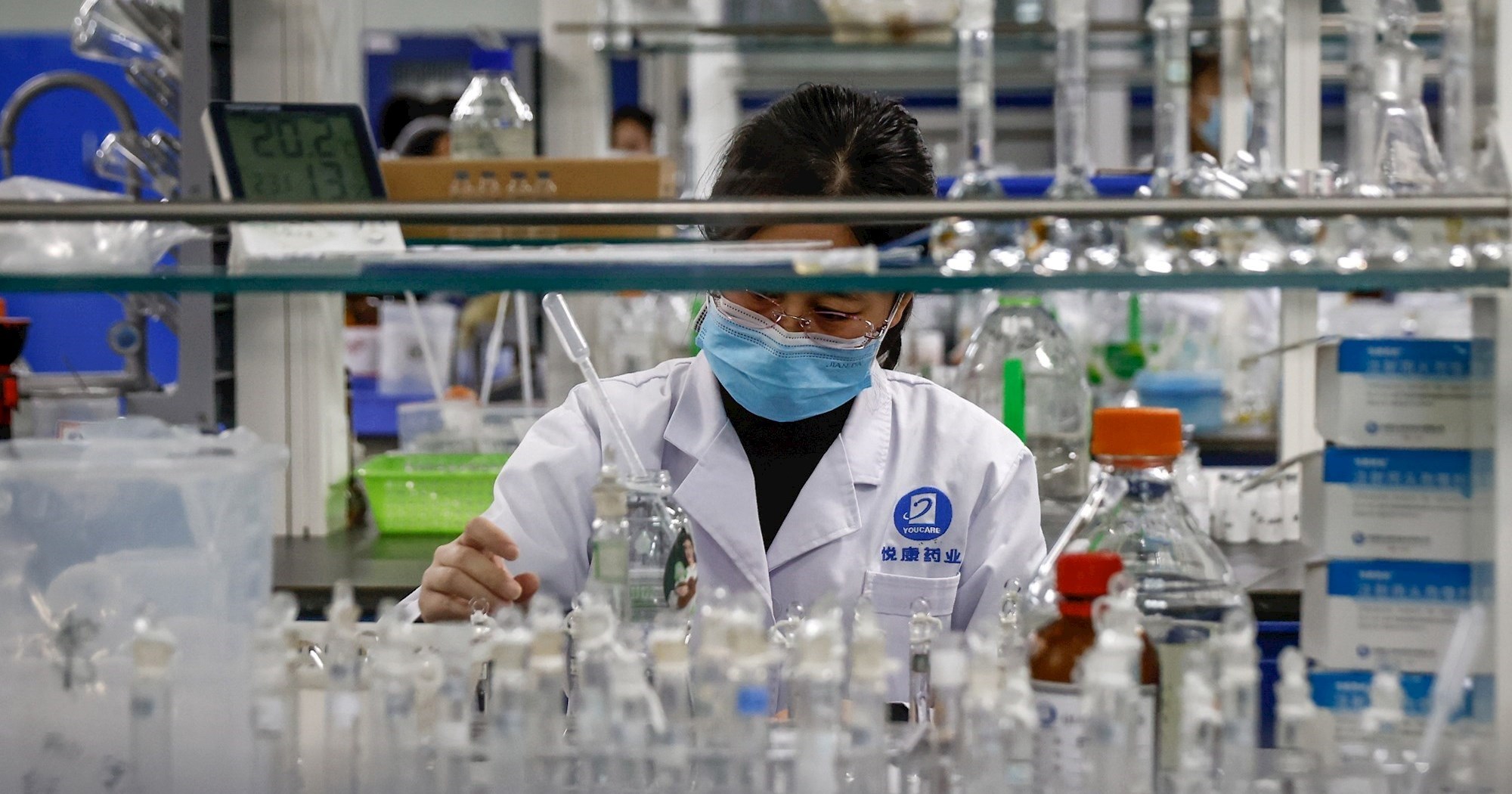American pharmaceutical companies are rapidly acquiring licenses for drugs from Chinese companies to reduce research and development costs. In the first six months of the year, 14 such agreements were made, compared to only two last year, with a total value of up to $18.3 billion. This trend is driven by the need to replace drugs whose patents expire by the end of the decade. China’s share in global drug development is about 30%, while the US share is 48%. Companies like Merck and Novo Nordisk are buying rights to develop and market drugs from Chinese biotech firms, thereby reducing development risks and costs.
Political Perspectives:
Left: Left-leaning sources emphasize the globalization and collaboration in pharmaceutical research, highlighting how American companies are leveraging Chinese innovation to reduce costs and improve drug development efficiency. They may also discuss the benefits of international cooperation in healthcare advancements.
Center: Center-leaning sources report the facts of the increasing number of licensing deals between American and Chinese pharmaceutical companies, focusing on the economic and strategic reasons behind these moves, such as patent expirations and cost reduction. They present a balanced view of the trend as a pragmatic business strategy.
Right: Right-leaning sources might emphasize concerns about dependency on China for critical pharmaceutical technologies and the potential risks to American innovation and national security. They may frame the acquisitions as a necessary but cautious approach, highlighting the competitive pressures and the need to maintain American leadership in drug development.







































